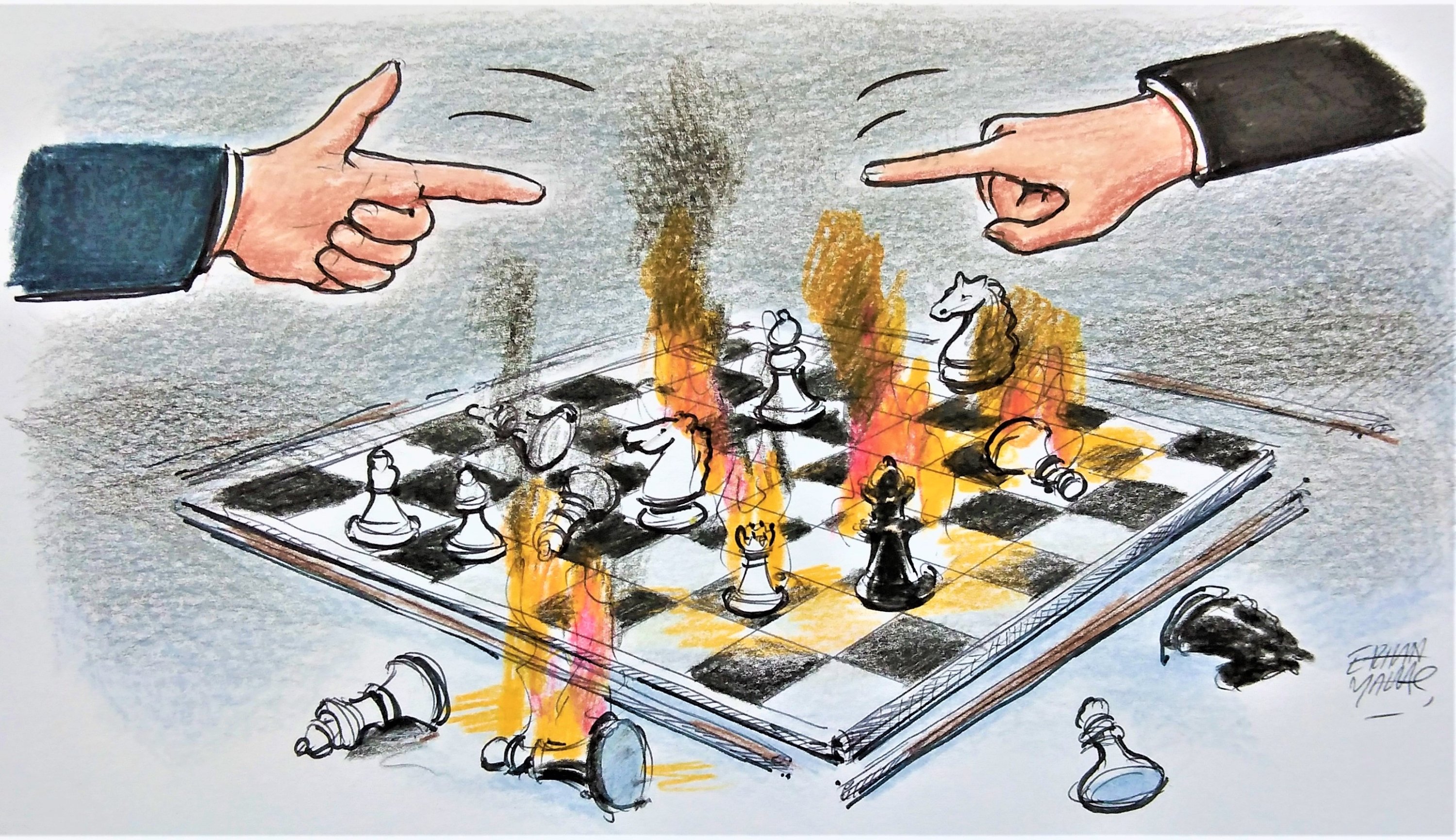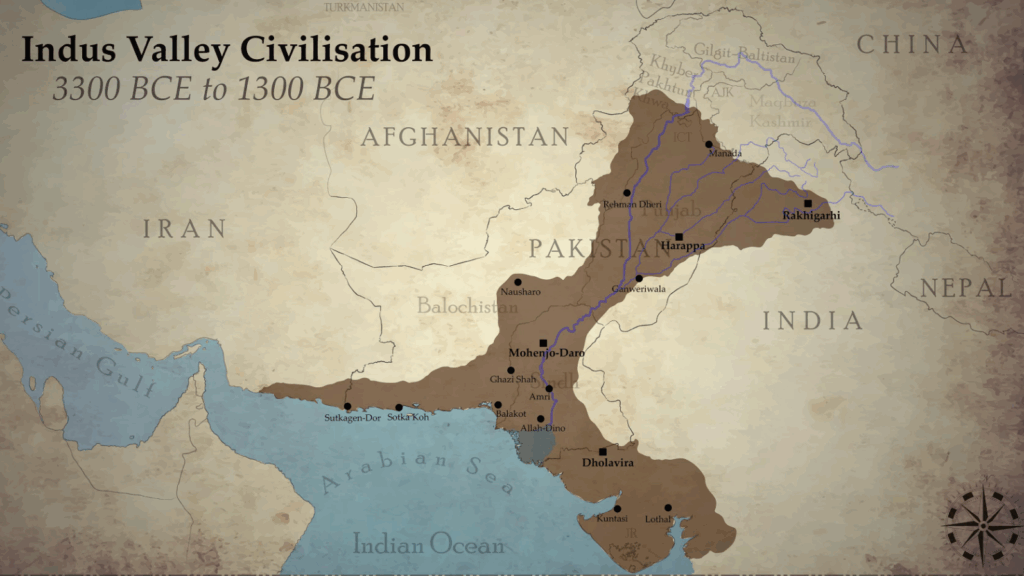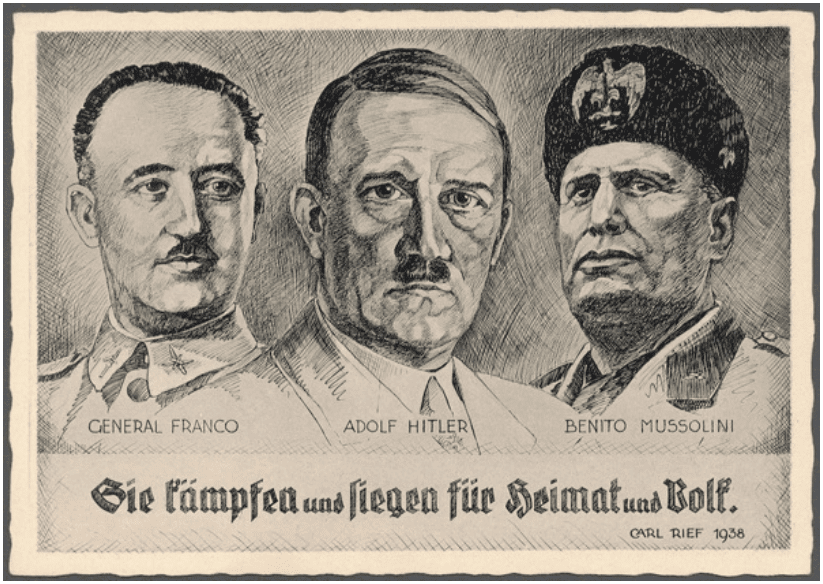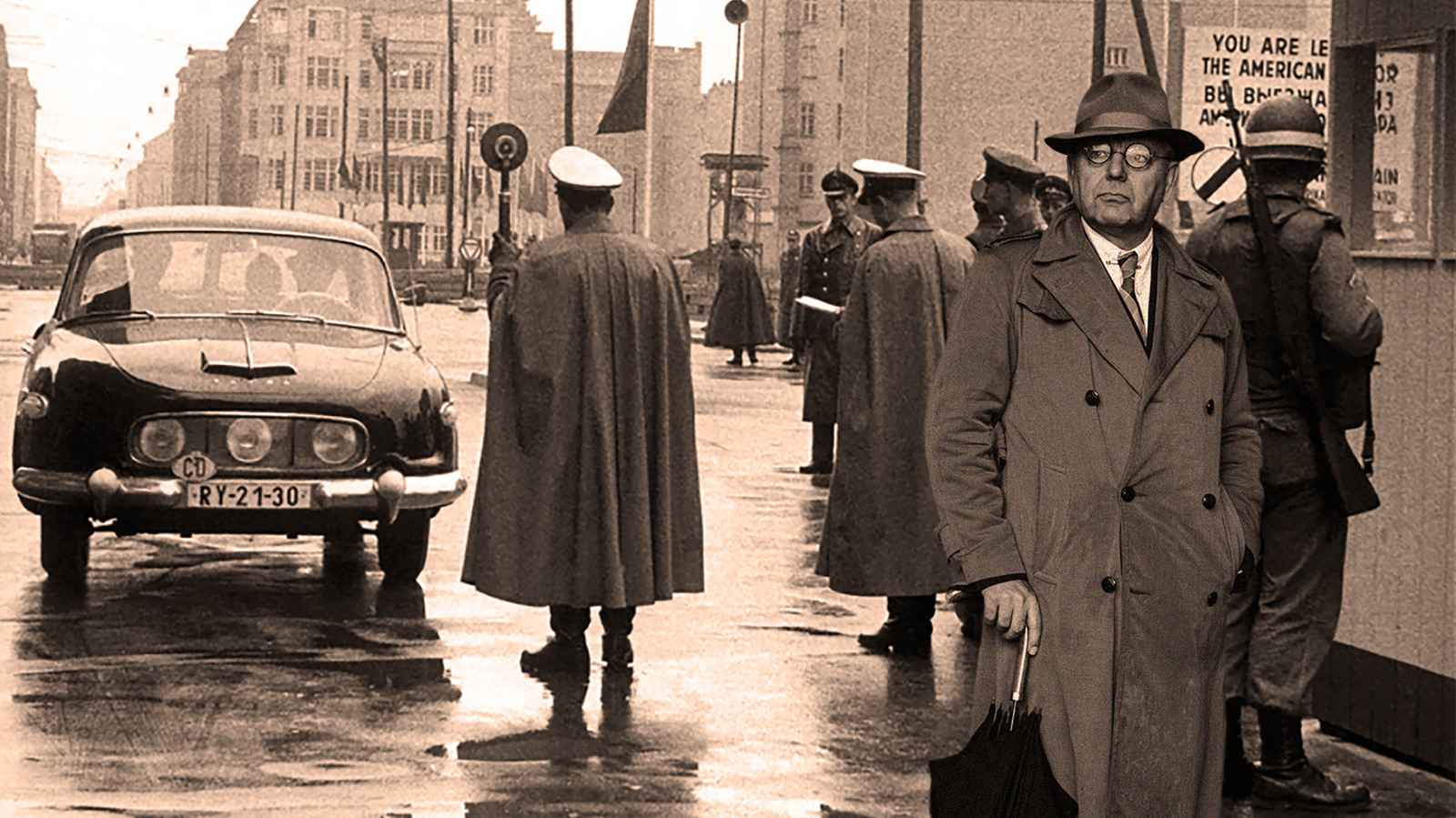What Is a Proxy War? Hidden Battles of Superpowers
What Is a Proxy War?
A proxy war is a conflict where two or more major powers use third-party countries, groups, or factions to fight on their behalf—without engaging in direct military combat themselves. These wars often occur when superpowers want to expand their influence or counter their rivals without triggering a full-scale war.
Instead of sending their own troops, nations supply funding, weapons, training, or intelligence to their chosen allies. These allies—often local insurgents, governments, or militant groups—become the front lines in battles shaped by foreign interests.
Historical Examples of Proxy Wars
Korean War
The Korean War (1950-1953) was one of the earliest and most significant proxy wars during the Cold War era. North Korea, backed by the Soviet Union and China, clashed with South Korea, supported by the United States and other Western allies. This conflict exemplified the indirect warfare strategy where global powers avoided direct confrontation, yet fiercely competed for dominance. The war ended in an armistice, leaving the Korean Peninsula divided—a lasting legacy of proxy conflict.
Vietnam Conflict – Proxy War Definition in Action
Vietnam War (1955-1975) remains as one of the most notorious proxy wars of the 20th century. North Vietnam received support from the Soviet Union and China, while South Vietnam was backed by the United States. This indirect warfare reflected the broader Cold War struggle, where superpowers avoided direct conflict but fought fiercely through regional allies. The Vietnam War shaped the understanding of proxy wars as complex, prolonged engagements with deep political and social consequences.
If you are interested in proxy wars in the COLD WAR, click here
Proxy War's Long Shadow - The Afghan War
A classic example of Cold War proxy battles ISSoviet-Afghan War (1979-1989) . The Soviet Union intervened to support Afghanistan’s communist government, while the United States funneled aid to the Mujahideen rebels. This indirect conflict drained Soviet resources and contributed to the eventual collapse of the USSR. The Afghan War demonstrates how proxy wars can have long-lasting global effects far beyond their immediate battlegrounds.
Political and Social Fallout of Proxy Wars
Proxy wars, defined as conflicts where opposing powers use third parties to fight on their behalf, have left deep and lasting impacts beyond the battlefield. Understanding what is a proxy war means recognizing not only the military strategies but also the profound political and social consequences these indirect conflicts create.
One of the major political fallouts of proxy wars is the destabilization of regions, often turning local disputes into prolonged conflicts that span decades. These wars can entrench divisions within societies, leading to civil unrest and weakening governments. Countries caught in the middle frequently suffer from political fragmentation and loss of sovereignty, as foreign powers influence internal affairs.
Socially, proxy wars cause immense human suffering. Populations endure displacement, loss of livelihoods, and trauma, often becoming pawns in a larger geopolitical game. For example, during the Cold War, proxy conflicts in places like Vietnam and Afghanistan not only altered global power dynamics but also devastated local communities. The effects ripple through generations, leaving scars that shape social structures and cultural memories.

Recognizing these consequences helps grasp the full meaning of proxy war definition and why such conflicts matter beyond their immediate military outcomes. The indirect nature of these wars often makes them harder to resolve, prolonging instability and complicating peace efforts.










